When it comes to upgrading your outdoor storage, resin sheds have become a popular alternative to traditional wooden structures, offering durability, low maintenance, and modern aesthetics.
Table of Contents:[hide]
Two leading players in this space—Keter and Lifetime—dominate the market with their unique approaches to design and functionality. This comprehensive guide will break down their brand philosophies, key features, and practical applications to help you decide which shed aligns best with your needs.
Brand Overview: Keter & Lifetime
1. Keter

Founded in Israel, Keter is a global leader in resin-based outdoor storage solutions. Known for their stylish, modern designs, Keter sheds are crafted from weather-resistant polypropylene resin. They are often praised for being lightweight, UV-protected, and easy to assemble without heavy tools. Keter is ideal for homeowners who want sleek form with smart function.
2. Lifetime

Lifetime Products began in the U.S. and quickly built a reputation for strong, reliable outdoor gear. Their sheds use high-density polyethylene (HDPE) reinforced with steel, making them ideal for heavy-duty use. While more utilitarian in appearance, Lifetime sheds are highly durable and built to withstand tough weather conditions.
Comparison Table: Key Differences at a Glance
|
Feature |
Keter |
Lifetime |
|
Primary Material |
Polypropylene resin |
High-density polyethylene (HDPE) |
|
Weight |
Lightweight (50–150 lbs, depending on size) |
Heavier (100–300+ lbs, reinforced frames) |
|
Design Aesthetic |
Modern, sleek, neutral tones |
Utility-focused, traditional shapes |
|
Assembly Difficulty |
Moderate (snap-together panels, minimal tools) |
Complex (may require drilling, detailed instructions) |
|
Weather Resistance |
UV-protected, water-resistant |
Frost-proof, impact-resistant, rust-free |
|
Weight Capacity |
500–1,000 lbs (shelving/roof) |
1,500+ lbs (reinforced floors/frames) |
|
Price Range |
\(200–\)1,500 |
\(500–\)3,000 |
Key Factors to Consider Before Buying
Intended Use: Storage Needs & Environment
Light-Duty Storage (Keter):Ideal for storing gardening tools, bicycles, or seasonal decor in moderate climates. Keter’s smaller models (e.g., the Keter Unity 8x6 Shed) thrive in urban settings with limited space, where their compact design and modern look add curb appeal.
Heavy-Duty Storage (Lifetime):If you need to store lawn tractors, power tools, or even motorcycles, Lifetime’s larger sheds (such as the Lifetime 10x15 Shed) offer reinforced floors and higher weight capacities. Their HDPE material is particularly suited for regions with harsh winters or high winds.
Assembly & Maintenance
Keter’s Ease of Assembly:Keter sheds are designed for DIY enthusiasts, with interlocking panels and pre-drilled holes that require only basic tools (screwdriver, rubber mallet). The Keter Store It Out Max is a prime example, taking roughly 2–3 hours to assemble alone.
Lifetime’s Sturdy Setup:While Lifetime sheds offer superior stability, their assembly process is more involved. Many models require two people and advanced tools (e.g., drill, level), especially for installing steel frames. However, the payoff is a shed that feels more like a permanent structure.
Maintenance:Both brands excel in low maintenance: Keter’s resin requires no painting, while Lifetime’s HDPE is resistant to fading and mildew. Occasional cleaning with soapy water is sufficient for both.
Aesthetics & Integration with Your Home
Keter’s designs often mimic modern garden structures, with options like the Keter Manor featuring pitched roofs and wood-grain textures for a hybrid look. These sheds blend seamlessly with contemporary or minimalist homes.
Lifetime’s utilitarian style suits traditional or rural properties. Their sheds prioritize function over form, making them a practical choice for those who value substance over style.
Budget & Long-Term Value
Keter: Offers budget-friendly options for casual users. A basic 6x4 shed starts at $200, making it accessible for first-time buyers or renters.
Lifetime: Represents a higher upfront investment but provides better long-term value for heavy users. Their sheds often come with 20-year warranties, reflecting confidence in their durability.
Keter & Lifetime Shed Pros & Cons Summary
Keter Sheds: Pros and Cons
|
Pros |
Cons |
|
|
Lifetime Sheds: Pros and Cons
|
Pros |
Cons |
|
|
Which One Is Better for You?
Choose Keter If:
- You need a stylish, budget-friendly shed for light storage in a moderate climate.
- You prioritize ease of assembly and want a shed that complements a modern home.
- You live in an area with minimal extreme weather (no heavy snow or frequent storms).
Ideal Scenarios:
- Storing patio furniture and gardening tools in a suburban backyard.
- Creating a compact workshop for DIY projects in a city townhouse.
Choose Lifetime If:
- You require heavy-duty storage for vehicles, equipment, or livestock.
- You live in a region with harsh weather and need a shed that lasts decades.
- You’re willing to invest in a premium product with industrial-grade durability.
Ideal Scenarios:
- Housing a riding lawn mower and seasonal equipment on a rural property.
- Creating a secure storage space for motorcycles or ATVs in a windy area.
Alternatives Worth Considering - Patiowell
For those seeking a middle ground between Keter’s modern minimalism and Lifetime’s industrial durability, Patiowell offers hybrid wooden-resin sheds that blend aesthetics, functionality, and affordability.

Priced at $500–$2,000 (between Keter’s $200–$1,500 and Lifetime’s $500–$3,000), Patiowell offers:
- Better value than Keter: Upgraded materials (e.g., thicker resin panels, real wood trim) justify the 20–30% price premium.
- Cost savings vs. Lifetime: Skipping industrial-grade steel frames makes it 30–50% cheaper for users who don’t need heavy-duty storage (e.g., no tractors/ATVs).
Ideal for suburban homeowners wanting a durable, visually cohesive shed without overinvesting in extreme weather features, Patiowell’s hybrid approach delivers practicality and charm in one package.
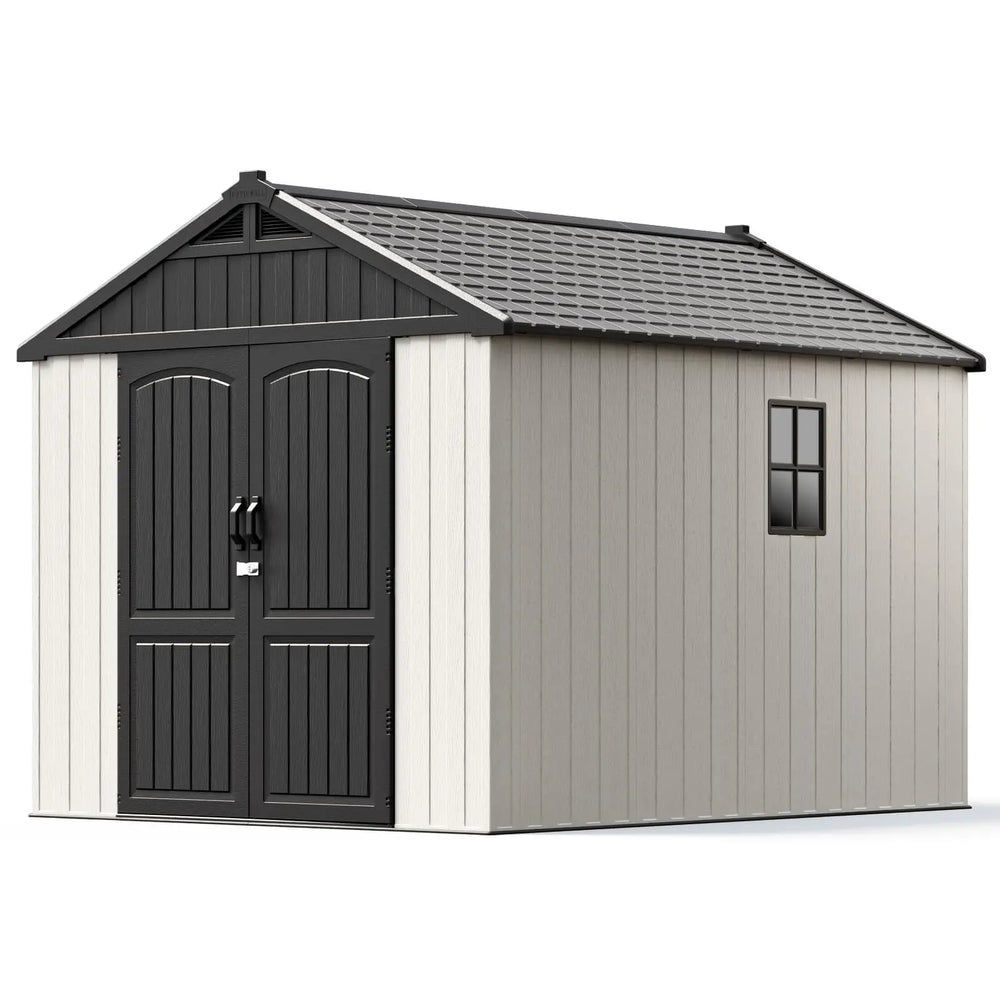
- Made from high-quality resin material that resists rust, rot, peeling, and fading.
- Strong yet easy to move, ensuring convenience without compromising durability.
- No need for painting or treating; simple cleaning keeps the shed looking new.
- Designed to withstand sun exposure without cracking or warping, ensuring long-lasting use.
Frequently Asked Questions (FAQs)
Q1: Are Keter sheds waterproof?
Keter sheds are designed to be water-resistant, with sloped roofs and sealed seams that prevent rain from entering. However, they are not fully waterproof in extreme downpours, so it’s advisable to store non-waterproof items on raised shelves.
Q2: Can Lifetime sheds be customized?
While Lifetime sheds come with pre-installed features like vents and floor panels, they offer limited customization. Some users add aftermarket shelves or pegboards, but major modifications (e.g., windows) may void the warranty.
Q3: Which shed lasts longer in harsh weather?
Lifetime sheds outperform Keter in extreme conditions due to their HDPE and steel construction. Independent tests show Lifetime models withstand temperatures from -30°F to 120°F, while Keter is best suited for -10°F to 100°F ranges.
Final Thoughts
Both Keter and Lifetime have carved out niches in the resin shed market, catering to distinct needs. Keter excels in accessibility and style, making it a top pick for casual users and urban dwellers. Lifetime, meanwhile, is the go-to for those who demand industrial durability and long-term performance. By evaluating your storage needs, climate, and budget, you can choose a shed that not only meets your practical requirements but also enhances your outdoor space for years to come.
Diana Mason
Hi there! I’m Diana Mason, the chief editor of Patiowell brand. With over 15 years of diving deep into the world of outdoor furniture, I’ve developed a keen eye for what makes outdoor spaces truly special. I love sharing tips and inspiration to help you create your perfect backyard retreat. Our blog is a reflection of my passion and expertise, featuring only the best pieces that I personally vouch for. Thanks for stopping by—I can't wait to help you transform your outdoor living space!

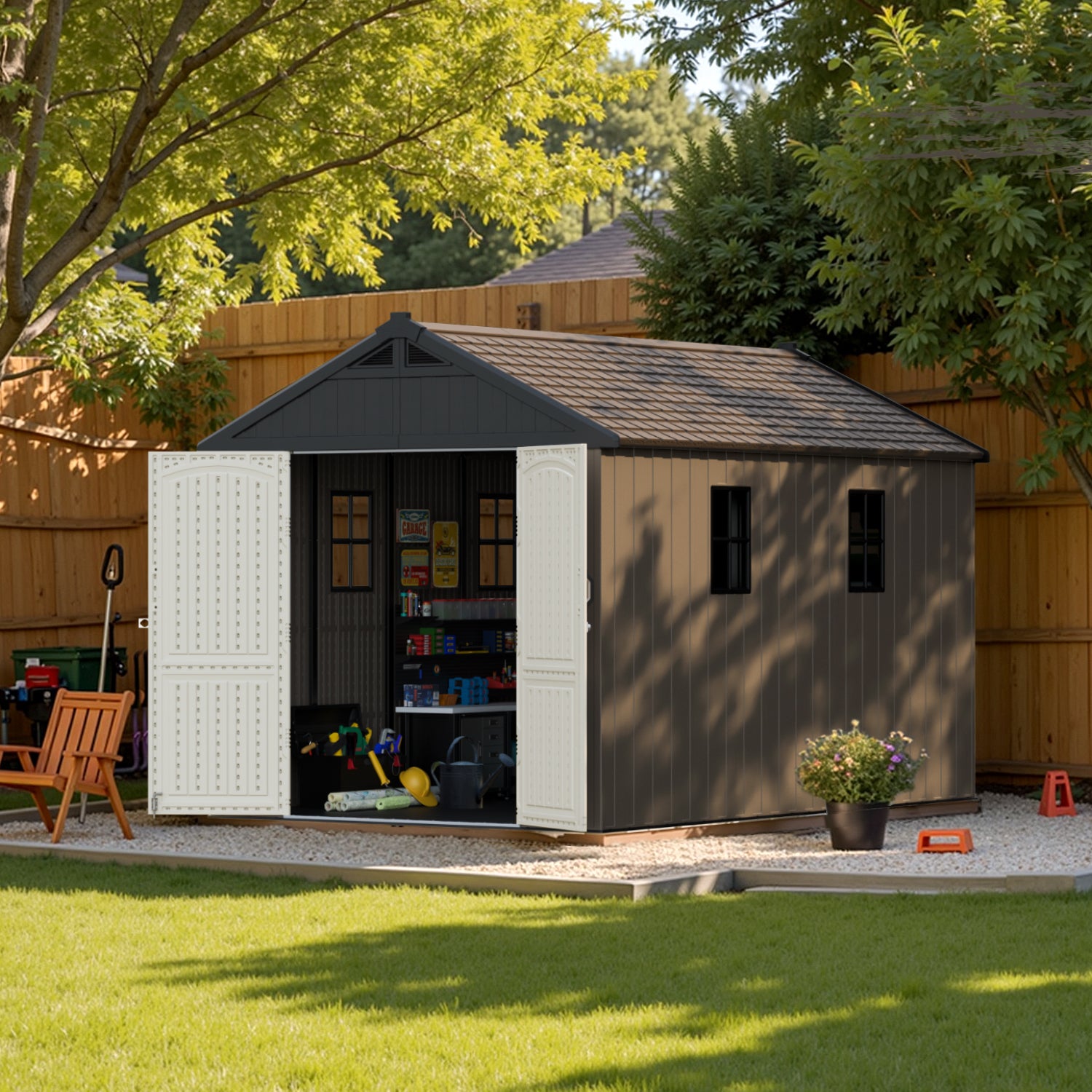
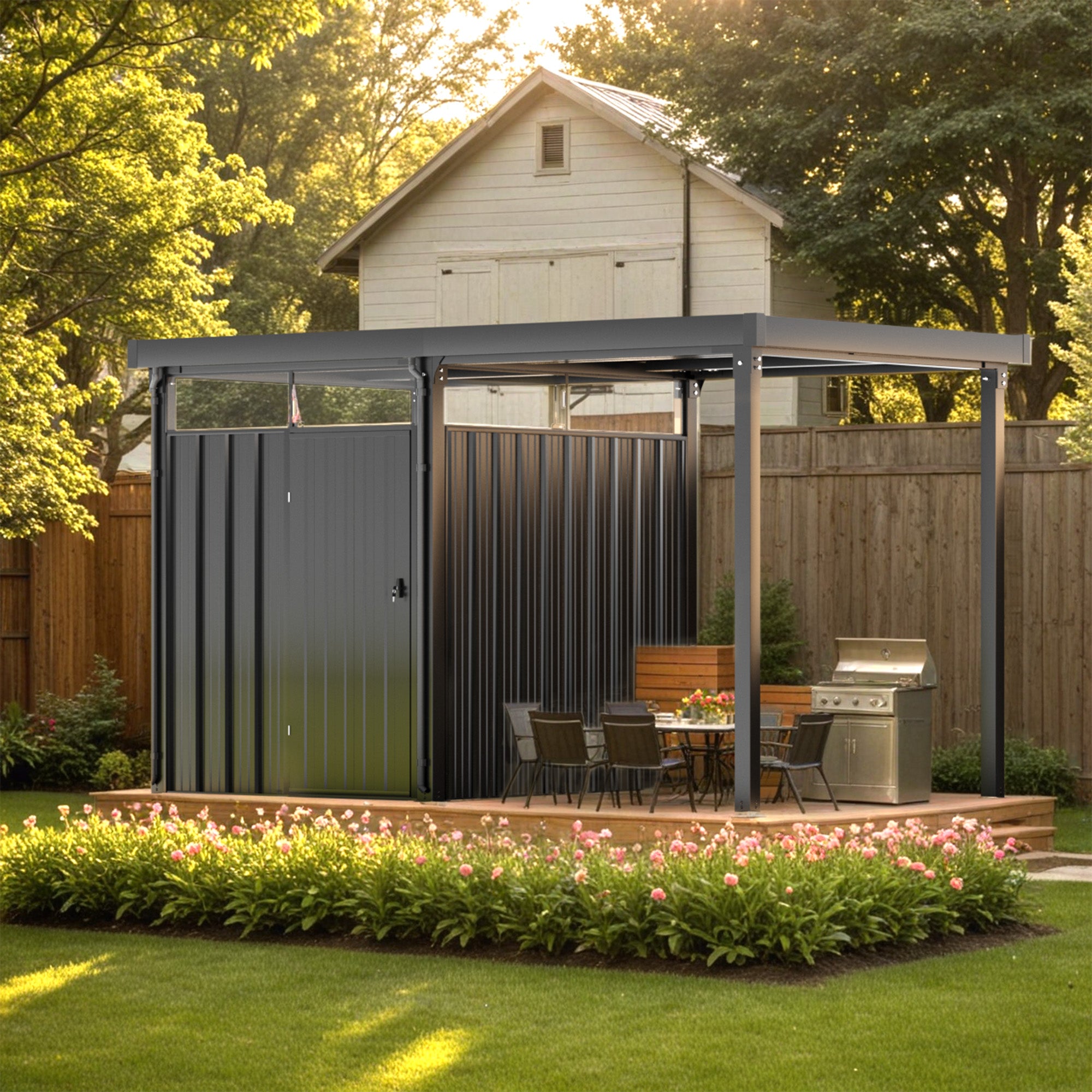
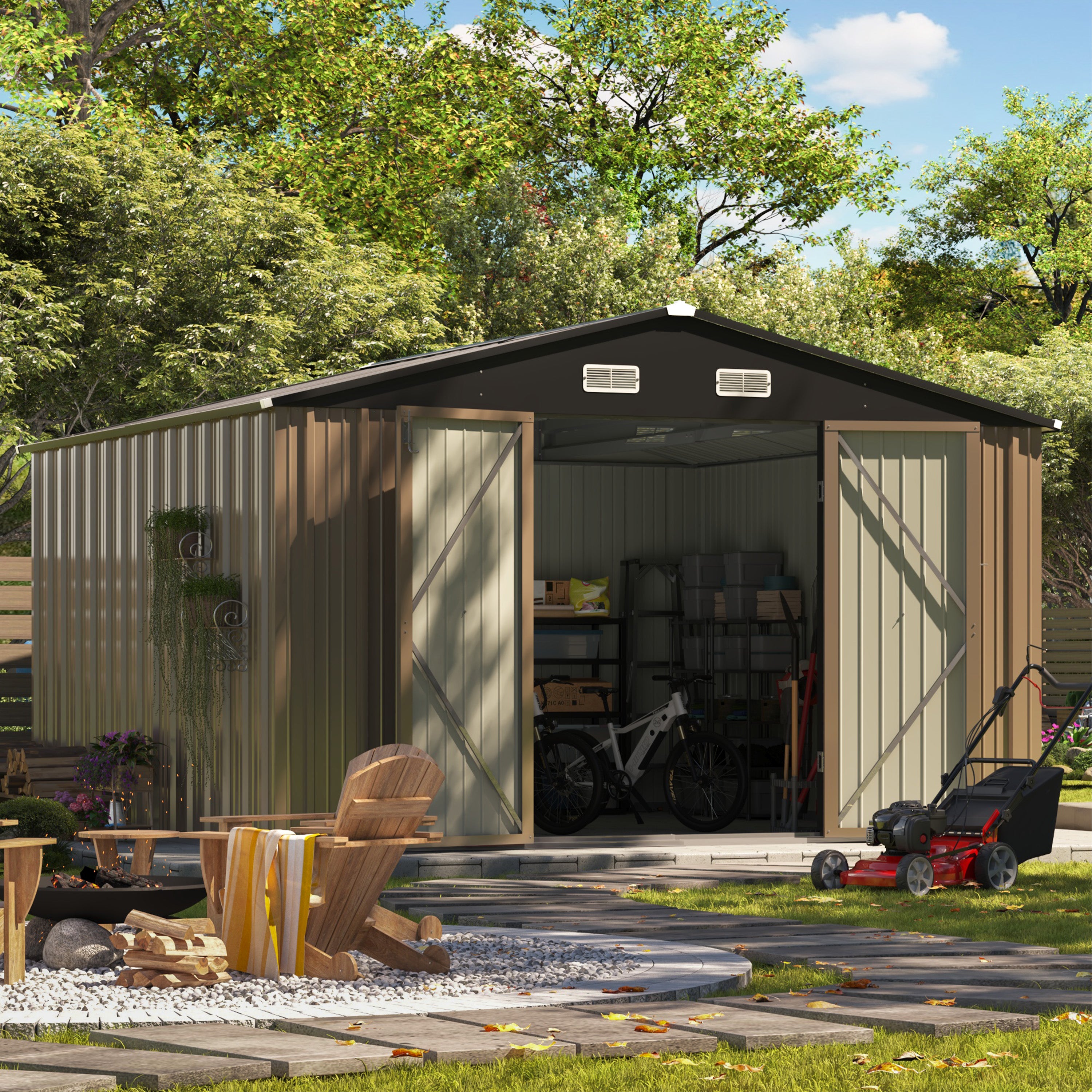
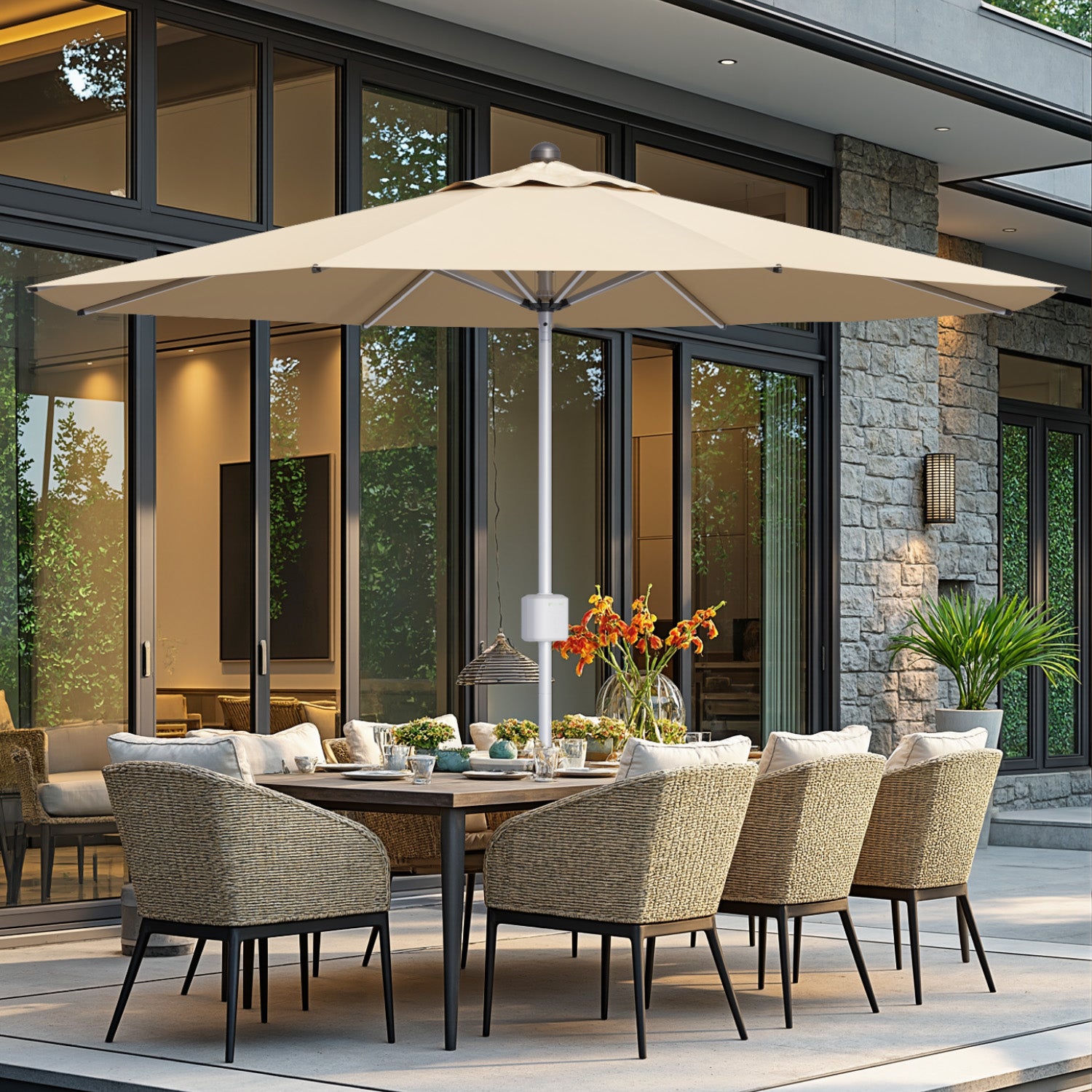
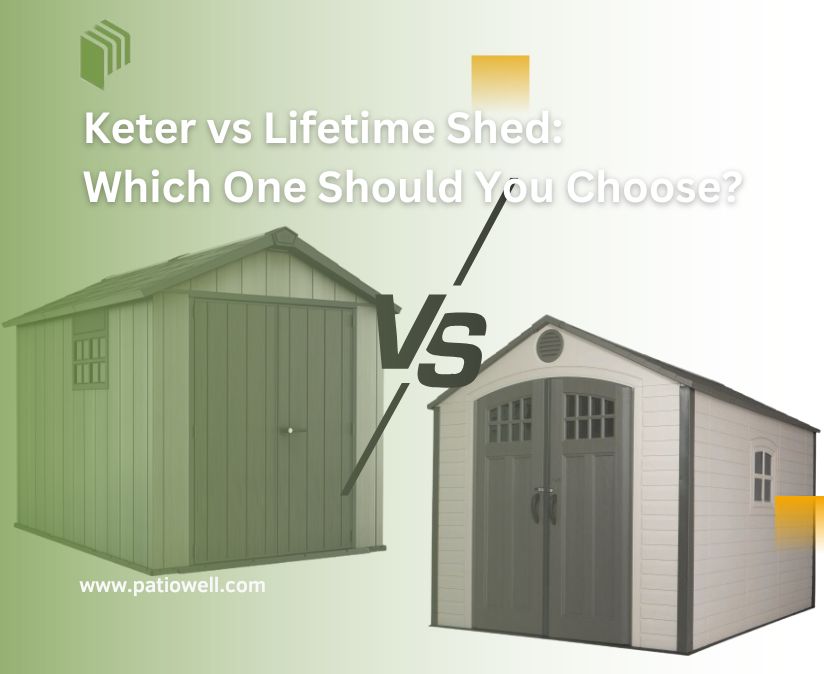
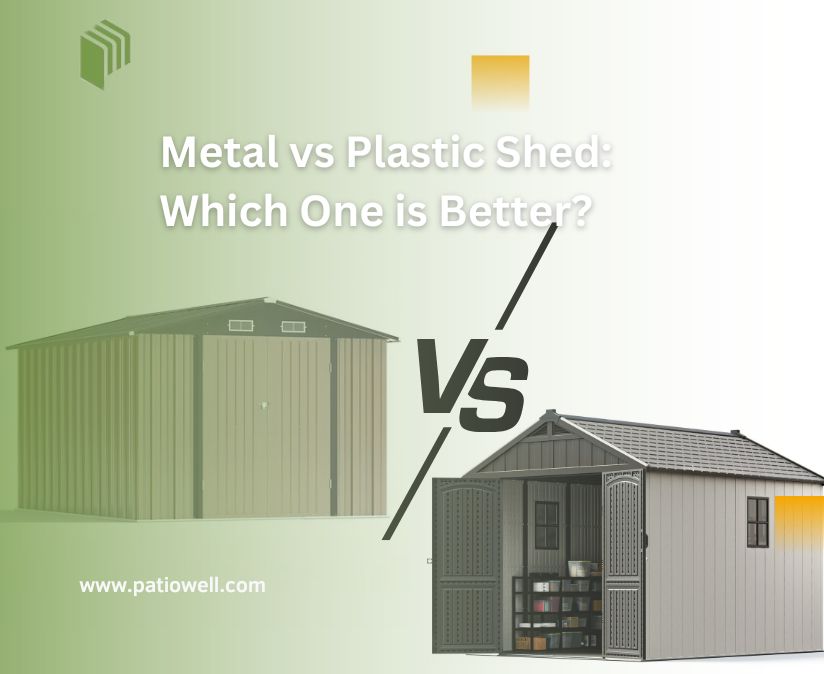
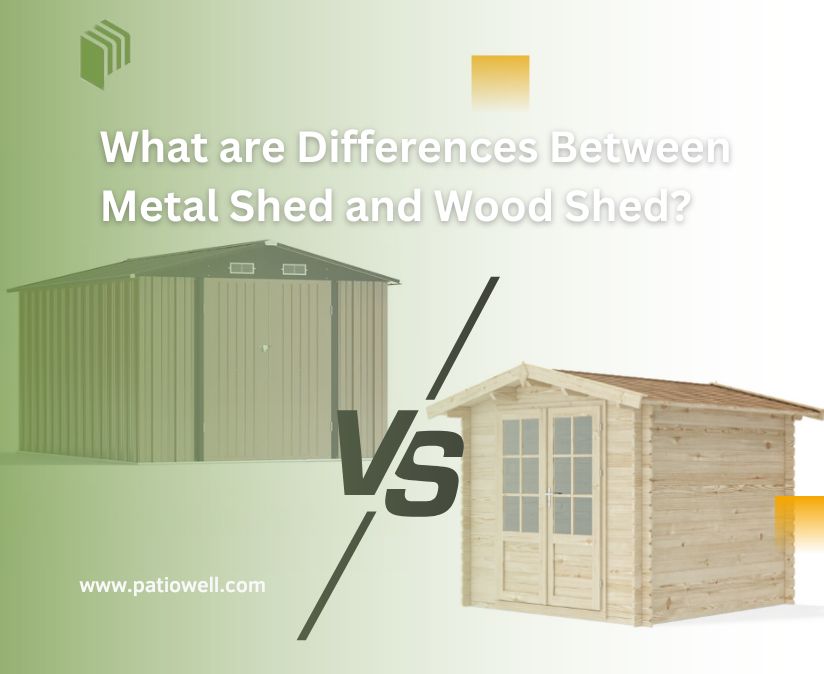
Leave a comment
All comments are moderated before being published.
This site is protected by hCaptcha and the hCaptcha Privacy Policy and Terms of Service apply.